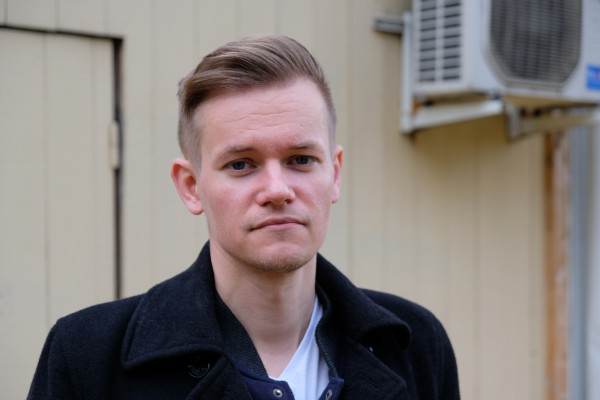Hungary’s parliament is due to vote in less than a week on proposed media reform legislation which opposition parties and journalists have warned constitutes a throwback to the dark days of free media repression in the former Soviet satellite state.
Voting on one part of the legislative package related to print media content and the Internet has been postponed until the autumn but the government is forging ahead with a key section that deals with public broadcasting regulation.
The package’s proponents have cast it as much-needed reform of the country’s 1996 media law but critics of the ruling conservative Fidesz party accuse it of employing its two-thirds parliamentary majority to rush through a media package that would grant the government strong influence over key media outlets.
The planned legislation would fully overhaul Hungary’s current media governance setup.
The proposed creation of a Media Council has attracted particularly strong criticism. The powerful Council would operate within a new authority created through the fusion of the national radio and television authority (ORTT) and the telecom authority (NHH), and its head would be appointed by the prime minister. The four other members are to be appointed by a parliamentary committee, through a two-thirds majority vote in the absence of consensus, paving the way for ruling party control of the body.
Under the new legislation, officials would also have an automatic right of response to reports they do not like.
Critics of the package have warned that the supervising mechanism it foresees would fail to represent the full political, cultural and social spectrum in Hungary.
There is also strong concern at the suggestion of a media “constitution”, ostensibly designed to guarantee “balanced reporting”, and the section envisaging mandatory news items considered important for society.
Commenting on the proposed media package, Dr. Ivan Lipovecz, an IPI board member and former editor-in-chief of Hungarian weekly newspaper HVG, said: “If the public service part is accepted [on Monday or Tuesday] it will be very serious … They want to control everything.”
Another Hungarian media representative, who asked not to be identified because of the sensitivity of the topic, said: “It’s dangerous from the point of view of press freedom. The first package focuses mainly on the public media structure. In this, the newly-established system of supervision is dangerous because it gives the government [undue] influence. This body does not reflect the makeup of Hungarian society … It’s a dangerous concentration of power which leans towards the present government.”
He added: “It was put through hastily in 10 days with the intention to get it through as quickly as possible.”
IPI Director David Dadge said: “We are concerned at what appears to be a fast-track legislative effort, on the part of Hungary’s ruling party, to pass media legislation that would provide the government with powerful influence over the country’s public broadcasters and its national news agency. We urge the government to withdraw all of the proposed legislation and to open it up to broad discussion. Any media reform must preserve the independence of the media.”
Meanwhile, Dunja Mijatovic, the OSCE Representative on Freedom of the Media, has appealed to the Hungarian Government today to halt the draft media legislation.
In a letter to Hungary’s foreign minister Janos Martonyi, she noted: “The proposed laws are highly worrisome regarding media freedom in your country … Their adoption could lead to all broadcasting being subordinated to political decisions.”
She added that there would be “no time for public debate, which is common international practice for such legislation and must involve the professional stakeholders in Hungary.”


